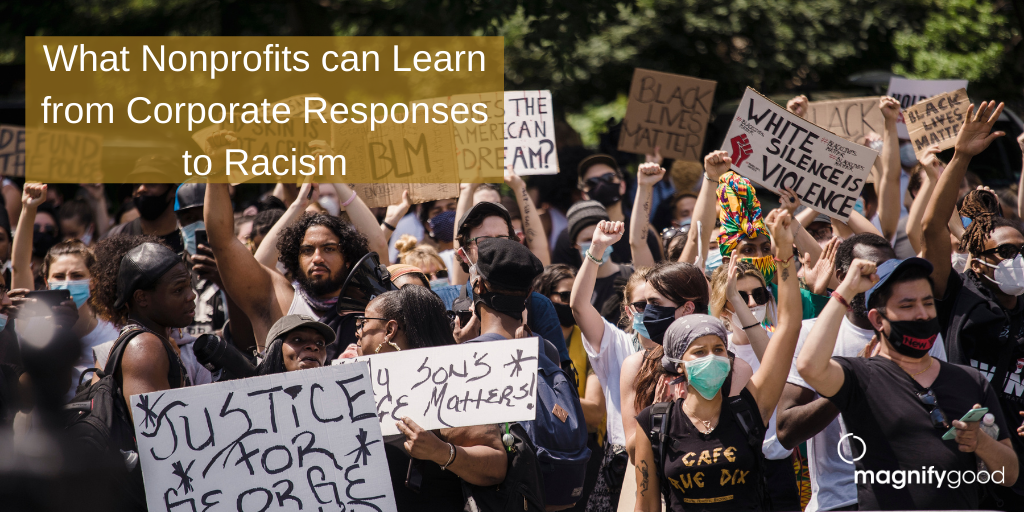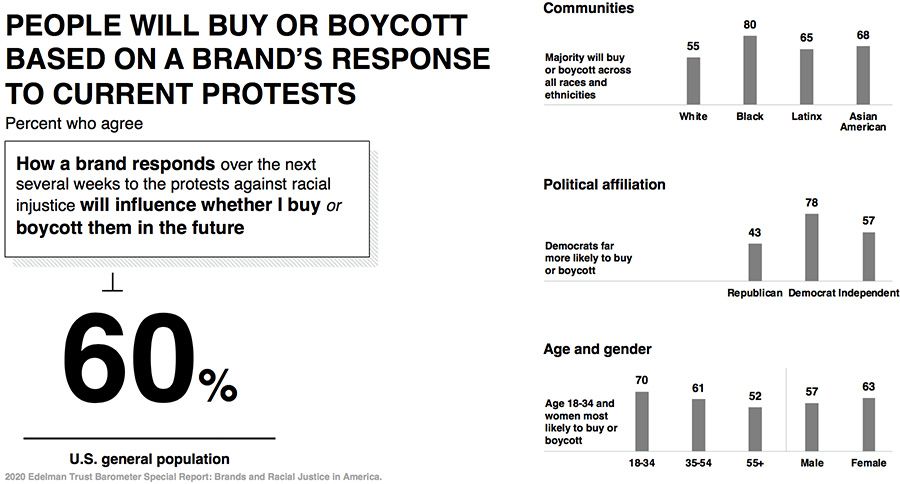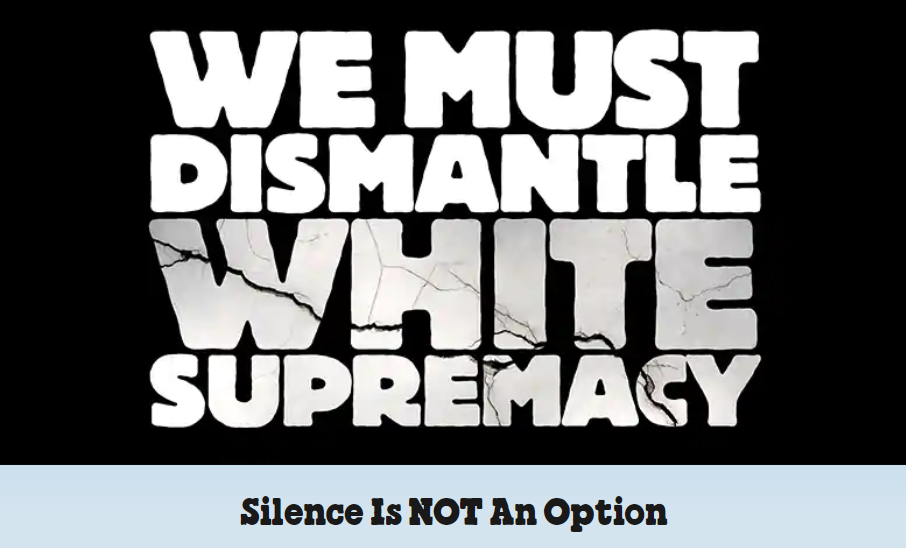2020 has been a year of change. With international shutdowns, organizations have had to learn how to navigate a largely digital landscape. However, the pandemic hasn’t been the only harbinger of change.
Following the deaths of George Floyd, Breonna Taylor, Ahmaud Arbery and countless others, Americans have expressed their outrage toward the treatment of African Americans in different ways. Many have shared their anger on social media, some have joined peaceful protests in cities, and others have donated to organizations that actively fight racism and inequality.
This social unrest fueled by the accessibility of social media has led to many brands and social sector organizations wondering what part they should play in these movements. According to a June survey by the public relations consulting firm Edelman, 60% of Americans stated that “brands must take a stand and speak out on racial injustice,” and that they would “buy or boycott a brand based on how it responds to the current protests.”
The question is then what is an appropriate response? And what can nonprofits learn from corporate responses?
Overall, the two main approaches are: humanity and hard realism.
Acknowledging the Issue
During a time in which Americans are divided on many topics, including race, some well-known organizations have taken a more cautious approach to discussing social unrest with their followers while others have gone further by challenging them to not ignore inequality across the country.
The humanity approach emphasizes empathy and support. These are brands like Target, Home Depot, and Nike who have donated to the Black Lives Matter movement and supported black-owned businesses. In a tweet, Salesforce announced, “We stand with the Black community against racism, violence, and hate.” That sentiment was echoed by many other companies and nonprofits across the country on a multitude of social media platforms.
Demanding Change
The second approach is unapologetic bluntness. Organizations with this tone use hard-hitting facts, like how the rate at which black Americans are killed by the police is twice as much as white Americans.
Ben & Jerry’s is famous for its commitment to progressive values and providing an equal playing field for all. The company joined Niantic, Glossier, and others to demand change and encouraged millions to support them. Across its website, they have published several articles about racial injustice with links to social justice groups. Additionally, the ice cream maker has partnered with Vox Media to create a podcast entitled “Who We Are: A Chronicle of Racism in America.” Ben and Jerry’s is a good example of action and hard realism as they were praised for their directness during a time when others were beating around the bush.
Most organizations want their constituents and communities to know that they share their values, while some take a step further and put their words to action. We’ve found the key for success, regardless of the approach you take, is brand authenticity.
Take Nike. They first used Colin Kaepernick as the face of their Just Do It campaign in a time when he was abandoned by the NFL. Even with initial backlash, sticking to their company values paid off with a massive surge in sales. They’ve remained consistent in their stance by donating to the BLM movement and focusing campaigns on inclusivity and diversity.
Overall, whether your nonprofit’s messaging about social issues like racism takes on a more empathetic or hard tone, a more supportive or active approach, the acceptance of it depends on your brand authenticity. Whichever route you take, just ensure it aligns with your organizational values and remains consistent even after the news cycle has moved on.
Photo Credit: Canva, Edelman, Ben & Jerry’s
As a social sector communications agency, MagnifyGood specializes in elevating the marketing, PR, branding, advertising, and social media of nonprofits, foundations, and other mission-driven organizations. Looking to enhance your donor engagement, create compelling impact stories, establish a brand that aligns with your mission, or explore innovative strategies to connect with your community? Contact us here. Let’s magnify good together.





